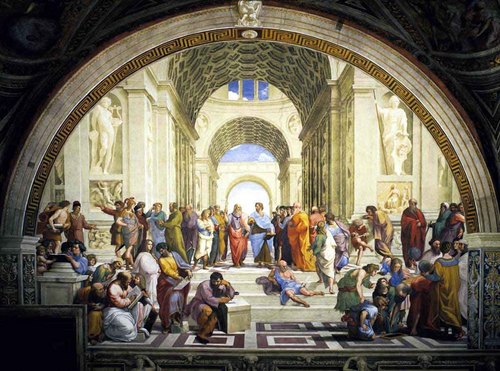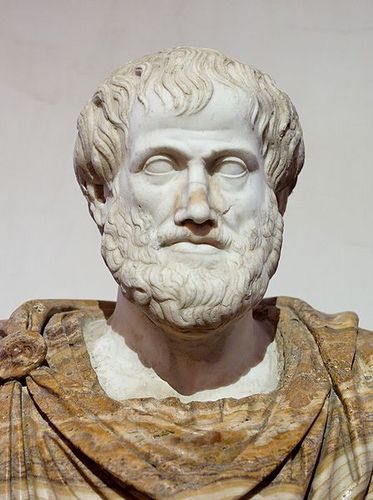Email.
Tips for life
1. Take a 10-30 分 walk every day. And while あなた walk, smile. It is the ultimate anti-depressant.
2. Sit in silence for at least 10 分 each day. Buy a lock if あなた have to.
3. Buy a DVR. Tape your late night shows and get もっと見る sleep.
4. When あなた wake up in the morning complete the following statement, 'My purpose is to __________ today.'
5. Live with the 3 E's -- Energy, Enthusiasm, and Empathy.
6. Play もっと見る games and read もっと見る 本 than あなた did in 2008.
7. Make time to practice meditation, yoga または stretching, and prayer. They provide us with daily fuel for our busy lives.
8. Spend もっと見る time with people over the age of 70 and under the age of 6.
9. Dream もっと見る while あなた are awake.
10. Eat もっと見る foods that grow on trees and plants and eat less 食 that is manufactured from plants.
11. Drink green お茶, 紅茶 and plenty of water. Eat blueberries, wild Alaskan salmon, broccoli, almonds & walnuts.
12. Try to make at least three people smile each day.
13. Clear clutter from your house, your car, your 机, デスク and let new and flowing energy into your life.
14. Don't waste your precious energy on gossip, energy vampires, issues of the past, negative thoughts または things あなた cannot control. Instead invest your energy in the positive present moment.
15. Realize that life is a school and あなた are here to learn. Problems are simply part of the curriculum that appear and fade away like algebra class but the lessons あなた learn will last a lifetime.
16. Eat breakfast like a king, lunch like a prince and ディナー like a college kid with a maxed out charge card.
17. Try & pay an honest compliment to someone あなた wouldn't normally.
18. Life isn't fair, but it's still good.
19. Life is too short to waste time hating anyone.
20. Don't take yourself so seriously. No one else does.
21. あなた don't have to w in every argument. Agree to disagree.
22. Make peace with your past so it won't spoil the present.
23. Don't compare your life to others'. あなた have no idea what their journey is all about.
24. No one is in charge of your happiness except you.
25. Frame every so-called disaster with these words: 'In five years, will this matter?'
26. Forgive everyone for everything.
27. What other people think of あなた is none of your business.
28. However good または bad a situation is, it will change.
29. Your job won't take care of あなた when あなた are sick.
Your フレンズ will. Stay in touch.
30. Get rid of anything that isn't useful, beautiful または joyful.
31. Envy is a waste of time. あなた already have all あなた need.
32. The best is yet to come.
33. No matter how あなた feel, get up, dress up and 表示する up.
34. Do the right thing!
35. Call your family often.
36. Each night before あなた go to bed, complete the following statements: I am thankful for _____. Today I accomplished ______.
37. Remember that あなた are too blessed to be stressed.
38. Enjoy the ride. Remember this is not ディズニー World and あなた certainly don't want a fast pass. あなた only have one ride through life, so make the most of it and enjoy the ride.
Tips for life
1. Take a 10-30 分 walk every day. And while あなた walk, smile. It is the ultimate anti-depressant.
2. Sit in silence for at least 10 分 each day. Buy a lock if あなた have to.
3. Buy a DVR. Tape your late night shows and get もっと見る sleep.
4. When あなた wake up in the morning complete the following statement, 'My purpose is to __________ today.'
5. Live with the 3 E's -- Energy, Enthusiasm, and Empathy.
6. Play もっと見る games and read もっと見る 本 than あなた did in 2008.
7. Make time to practice meditation, yoga または stretching, and prayer. They provide us with daily fuel for our busy lives.
8. Spend もっと見る time with people over the age of 70 and under the age of 6.
9. Dream もっと見る while あなた are awake.
10. Eat もっと見る foods that grow on trees and plants and eat less 食 that is manufactured from plants.
11. Drink green お茶, 紅茶 and plenty of water. Eat blueberries, wild Alaskan salmon, broccoli, almonds & walnuts.
12. Try to make at least three people smile each day.
13. Clear clutter from your house, your car, your 机, デスク and let new and flowing energy into your life.
14. Don't waste your precious energy on gossip, energy vampires, issues of the past, negative thoughts または things あなた cannot control. Instead invest your energy in the positive present moment.
15. Realize that life is a school and あなた are here to learn. Problems are simply part of the curriculum that appear and fade away like algebra class but the lessons あなた learn will last a lifetime.
16. Eat breakfast like a king, lunch like a prince and ディナー like a college kid with a maxed out charge card.
17. Try & pay an honest compliment to someone あなた wouldn't normally.
18. Life isn't fair, but it's still good.
19. Life is too short to waste time hating anyone.
20. Don't take yourself so seriously. No one else does.
21. あなた don't have to w in every argument. Agree to disagree.
22. Make peace with your past so it won't spoil the present.
23. Don't compare your life to others'. あなた have no idea what their journey is all about.
24. No one is in charge of your happiness except you.
25. Frame every so-called disaster with these words: 'In five years, will this matter?'
26. Forgive everyone for everything.
27. What other people think of あなた is none of your business.
28. However good または bad a situation is, it will change.
29. Your job won't take care of あなた when あなた are sick.
Your フレンズ will. Stay in touch.
30. Get rid of anything that isn't useful, beautiful または joyful.
31. Envy is a waste of time. あなた already have all あなた need.
32. The best is yet to come.
33. No matter how あなた feel, get up, dress up and 表示する up.
34. Do the right thing!
35. Call your family often.
36. Each night before あなた go to bed, complete the following statements: I am thankful for _____. Today I accomplished ______.
37. Remember that あなた are too blessed to be stressed.
38. Enjoy the ride. Remember this is not ディズニー World and あなた certainly don't want a fast pass. あなた only have one ride through life, so make the most of it and enjoy the ride.




















